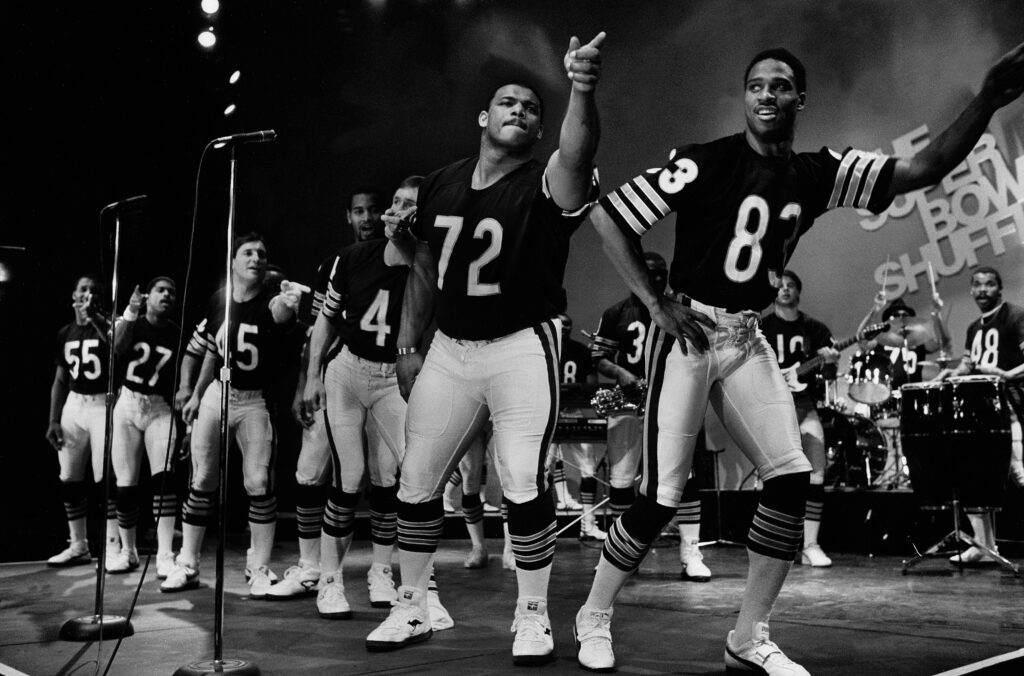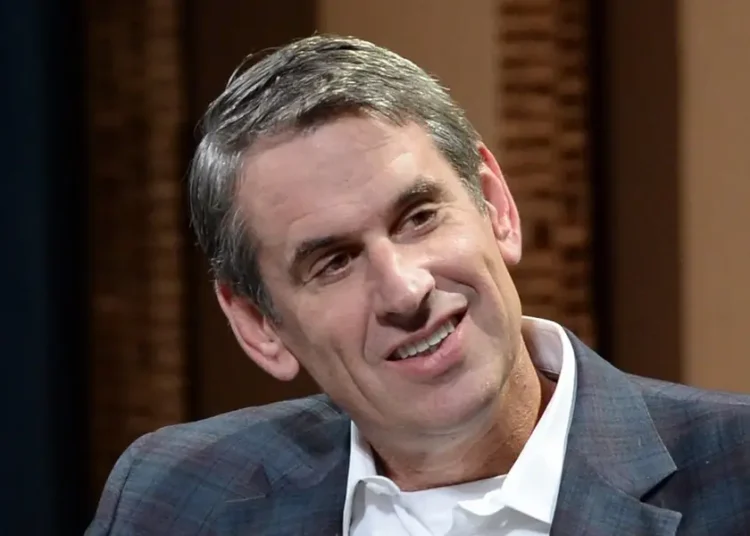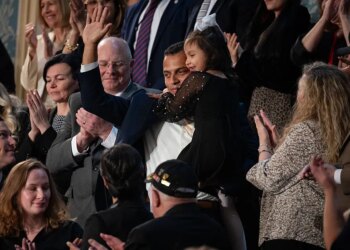Forty years ago, audacity could be accidental. This was true even for the 1985 Chicago Bears, who lived at the intersection of flamboyance and eccentricity. For all their big, motley personalities, they stumbled into an enduring cultural contribution: “The Super Bowl Shuffle.”
They didn’t intend to rap and dance their way to a viral legacy. They weren’t obsessed with cultivating their brand. They were just trusting the marketing genius of a former Jovan Perfume CEO who had drifted into the music business and were goofing off to raise money for charity. In doing so, they became a phenomenon, creating a moment so far ahead of its time that you have to laugh at what people will do now to draw the kind of attention the Bears didn’t even want.
In the new HBO documentary “The Shuffle,” director Jeff Cameron captures the natural charisma of a team that produced the most dominant season in NFL history. The short film, just 40 minutes long, moves like a song. Detailing the entire season would have been like producing an album, but this work is tightly focused and aesthetically catchy, transporting viewers back to the 1980s through the clever use of old television sets, fonts and audio. Cameron, the senior producer of NFL Films, guides you from Chicago’s only loss of the season through the making of the video the next day before lightly touching on a historic playoff romp that culminated in the players fulfilling their premature Super Bowl boast.
The Sports Moment newsletter: Reporter Ava Wallace takes you through the buzziest, most engaging sports stories of the week. Sign up for the weekly newsletterhttps://t.co/WmrlnLPBpp
— Post Sports (@PostSports) October 16, 2025
Early in the doc, Hall of Fame linebacker Mike Singletary sets the stakes. “If we don’t go to the Super Bowl,” he says, “we’re going to be the biggest idiots ever.”
Singletary is 67 now. He no longer stares menacingly down the ancestral line of every person in front of him. His presence carries the story, even though teammates Jim McMahon, Willie Gault and Gary Fencik also are featured prominently. He kept the team committed to the project after a 38-24 loss to Miami. He served as unofficial choreographer. It’s quite the postscript to his career to learn that Samurai Mike was just as serious about mastering a line dance as he was the 46 defense.
I am a child of “The Super Bowl Shuffle.” I was 7 when the song came out. My generation was lucky. Just as our sports interest piqued, we were treated to a bunch of grown, fearsome men grooving and rhyming like fools for our enjoyment. Hip-hop was just 12 years old then, and this kind of awkwardness defined its early days. Rapping seemed easy enough. Few could actually rock the mic.
But that’s what made the Chicago Bears Shufflin’ Crew so endearing. They were so flawed, so human. The terrifying team on the field could be court jesters, so bad yet good, blowin’ your mind like we knew we would. They were unpolished and happy about it, figuring the song would only have local reach. And then their genuine effort turned into a hit. A Grammy-nominated hit. It’s a moment that seems impossible to replicate today, which is funny to think because everyone now craves attention.
“Everyone was kind of a celebrity,” Cameron said of the Bears. “It was the first kind of celebrity NFL team. Before the ’85 Bears, you had certainly some singular NFL personalities that transcended football into pop culture. You know, your Jim Browns, your Joe Namaths. But the ’85 Bears, the team as a collective, is a celebrity. And I don’t think the NFL had, or even sports pop culture had, seen anything like that.”
The documentary doesn’t spend much time gawking at all the star power. Walter Payton is just there, being Sweetness. William “The Refrigerator” Perry is just massive and lovable. Mike Ditka is just in the background, barking. Nothing, not even a character sketch of the defiant McMahon, seems missing despite the spare approach. After 40 years, the Bears haven’t lost their context.
They weren’t forcing their fame. They became larger than life during a time when athletes weren’t doubling as content creators. The current sports world runs on premeditated, manufactured bravado. Self-promotion is a lifestyle. It’s all so curated, so algorithmic, so performative. Yet the Bears live on through rap lyrics that they didn’t write and a video for which they didn’t rehearse. They became icons in an MTV-driven era that they didn’t understand at the time. They danced into a time capsule without realizing what they had done.
“That was a destructive force of a football team,” Cameron said. “There’s also this very, very charming and endearing side that loved each other, and they weren’t afraid to be themselves and show it.”
They maximized what ended up being a fleeting moment. The 1985 season didn’t ignite a dynasty. Chicago went 14-2 the next season but lost to Washington in the divisional playoff round. In 1987, Payton retired. To end the 1988 season, the Bears lost to the San Francisco 49ers in the NFC championship game. The Bears were perennial contenders, but they never returned to the Super Bowl with that core. In hindsight, it makes “The Super Bowl Shuffle” all the more remarkable.
“If that were the start of a dynasty … is it as cherished? Probably not,” Cameron said. “It was there, and then it was gone. I think Singletary did a really good job at the end. He speaks to it and says, in essence, every now and then you’re presented with an opportunity that may be a little unusual … and it’s okay to be a little bold, to be yourself and not be afraid to do something that’s a little out there.”
Forty years ago, the Bears did something outrageous, and the entire nation watched it together. In our decentralized media ecosystem, it’s far more difficult to make such a ripple in the culture.
For as bold as everyone tries to be now, the Bears remain singular in their audacity. They were innocent show-offs, just some dudes being silly with and for one another. Only the 1985 Bears could turn swagger into a virtue.
The post Before going viral was a thing, the ’85 Bears shuffled their way to fame appeared first on Washington Post.




